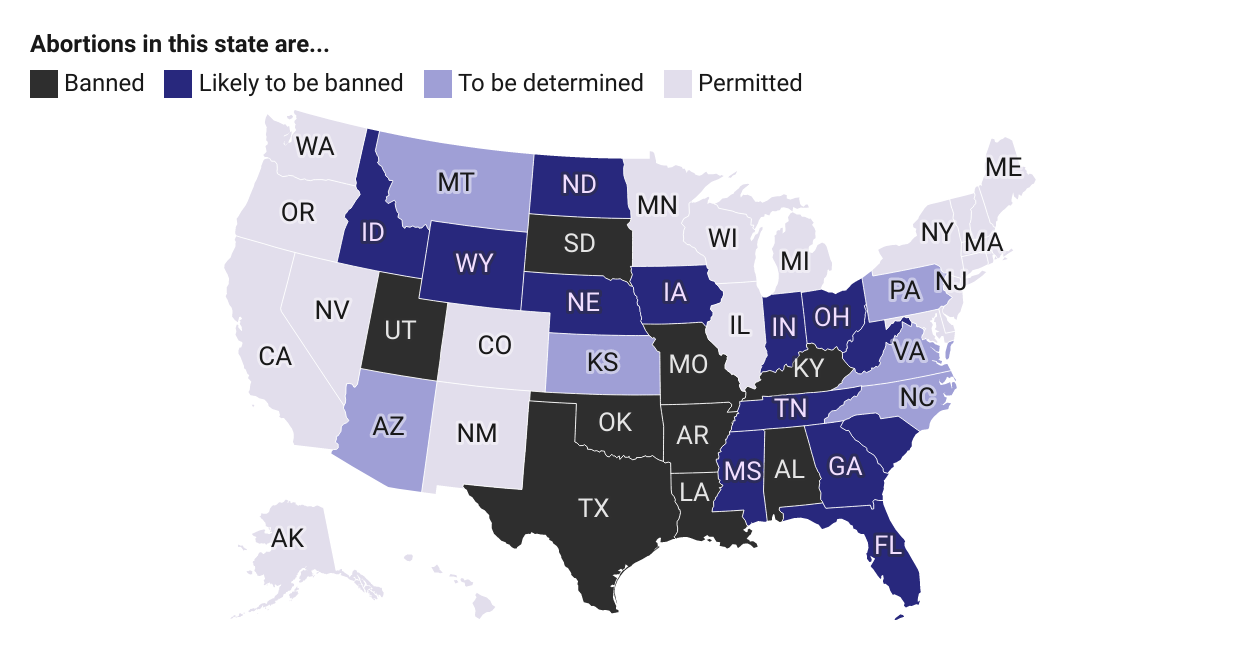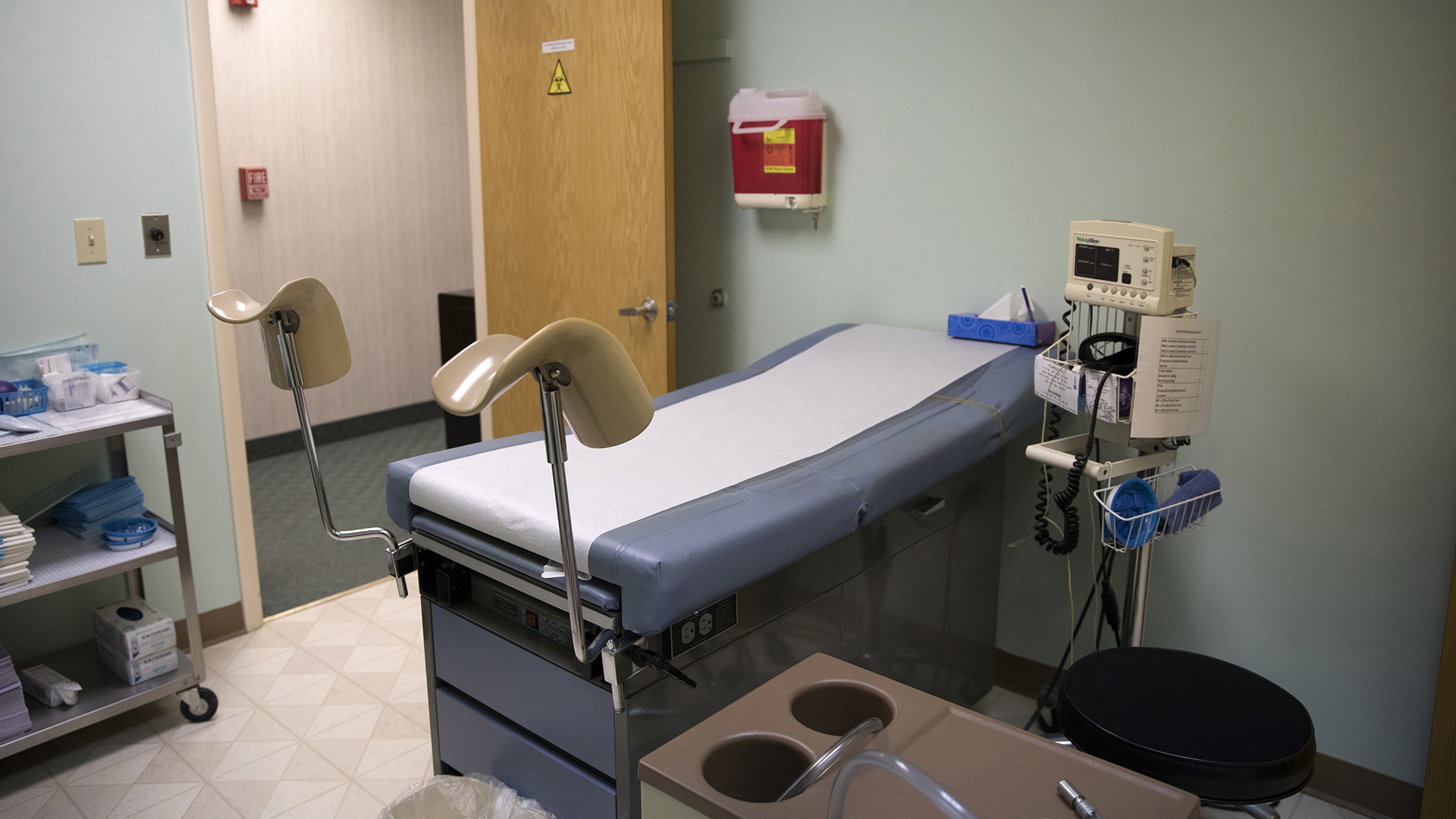
Melissa Janssen was just 18 weeks pregnant when her water broke, too early for the baby to have a good chance of survival. Doctors told the 35-year-old she had two options: terminate the pregnancy or wait and see, although the baby most likely would die and she’d be at increasing risk for sepsis, a dangerous infection.
However, the Supreme Court had overturned Roe v. Wade only three days earlier and in Janssen's home state of Wisconsin, nearly all abortions were immediately banned, with the only exception for when the mother’s life is in danger.
Janssen wanted to terminate; she was already showing symptoms of an infection, including a low-grade fever and tenderness in her belly, and the baby’s heart rate was becoming elevated. But the change in the law meant her OB-GYN, Dr. Jordan Crow, faced a dilemma. Without symptoms of a full-blown infection, legally it was a tough call to make.
“To be a doctor in that position, then to be in this situation where you’re uncertain, you think, will the hospital let me do this? Will the DA go after me and I end up fined or in jail?” Crow said. “It’s this feeling of helplessness and utter confusion for everyone involved.”
Get New England news, weather forecasts and entertainment stories to your inbox. Sign up for NECN newsletters.
Ten states have near-total abortion bans. Four other states prohibit the procedure after six weeks. While all of them have exceptions for the life of the mother, doctors say that what constitutes imminent death has remained vague under the laws, which could put pregnant patients in grave danger.
Janssen’s case is a living example of the struggle doctors across the country now face.
Read the full story on NBCNews.com



